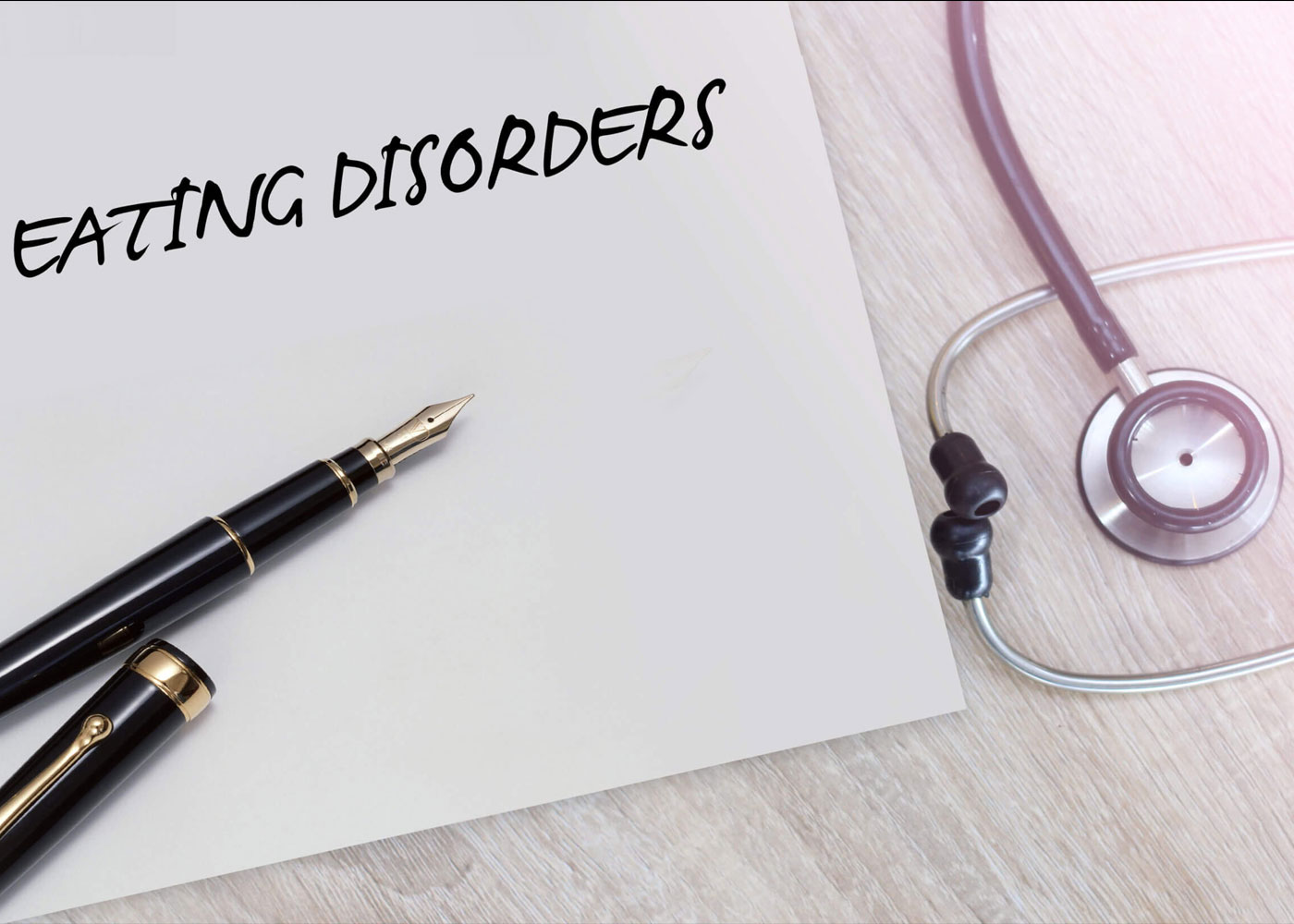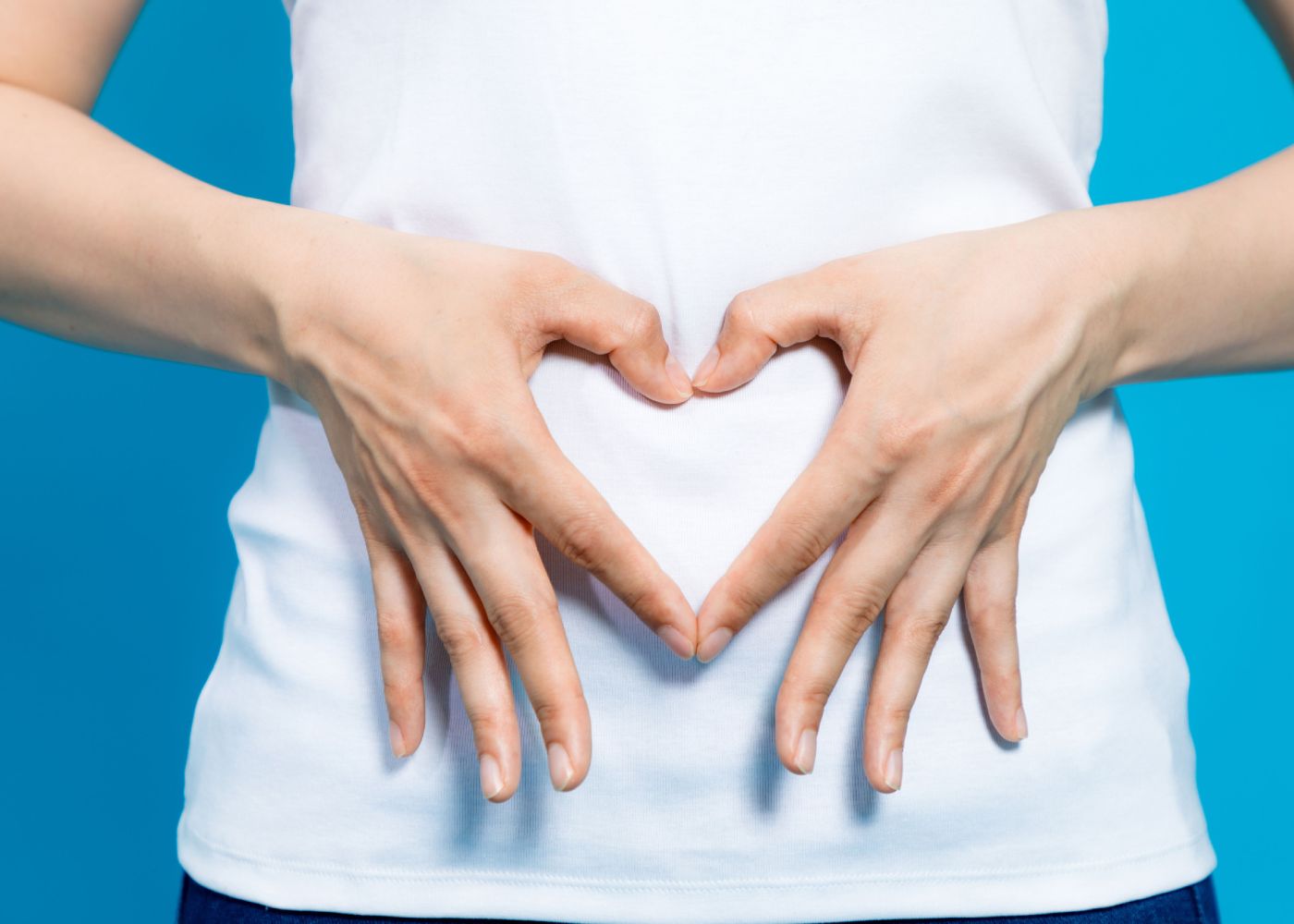Understanding the significance of post-workout nutrition is essential
for anyone engaged in physical activities. Nourishing your body post-workout is
not just about refueling; it is about optimizing your fitness results by
accelerating recovery times, enhancing muscle repair, and boosting overall
performance. Recovery meals are crucial for achieving optimal outcomes by
replenishing energy stores and providing the necessary nutrients for muscle
recovery. These meals help to reduce muscle soreness and prepare your body for
its next physical challenge. A balanced mix of proteins, carbohydrates, and
fats in these meals supports the body’s repair processes. The result? You get
back to your training sessions quicker and more effectively, seeing
improvements in strength and endurance. This strategic approach to nutrition significantly
enhances the efficiency of your workout regimen, making each session more
effective.
Understanding Post-Workout Nutrition: What Your Body Needs
Grasping post-workout nutrition is crucial for optimizing
recovery and enhancing physical performance. After intense physical activity,
your body needs specific macronutrients: carbohydrates, proteins, and fats. Hydration is another
critical component of recovery. Replacing fluids lost through sweat is vital to
maintain blood volume, regulate body temperature, and allow muscle contractions
to occur optimally. Electrolytes, particularly sodium and potassium, should be
restored to balance fluid levels and prevent dehydration. Therefore, without
adequate hydration, you can compromise the effectiveness of your recovery
process. The timing of your post-exercise nutrition also significantly affects
its effectiveness. Ideally, you should aim to consume your recovery meal or
snack within 45 minutes to an hour after exercising. This window is when your
body is most receptive to nutrient uptake and when the rapid replenishment of
nutrients can lead to better repair and replenishment outcomes.
Nourishing Your Body Post-Workout: The Perfect Plate
Crafting the perfect plate for your post-workout meal
involves understanding the ideal balance of nutrients to optimize recovery and
performance. To promote fat loss and support muscle growth, trainers specialized in weight loss often recommend a ratio of 3:1 (carbs to protein) as the most
suitable. Carbohydrates refuel depleted glycogen stores, while proteins are
crucial for muscle repair. For healthy fats, vital for inflammation reduction
and overall health, include avocado, nuts, seeds, and olive oil in your meals.
Equally important is to avoid overeating. A good rule of thumb is to fill half
your plate with carbs, one-quarter with protein, and the remainder with healthy
fats and vegetables. Finally, maintain a precise balance of macros in recovery
meals. It ensures that a recovery meal is balanced and tailored to support
weight management and muscle development.

Caption: If you want to reach any improvement while working
out, you need to have regular nutritious meals
Recipe 1: Protein-Packed Smoothie
Whip up a protein-packed smoothie that is as delicious as it
is beneficial for nourishing your body post-workout. Start with one ripe
banana, known for its quick energy release and potassium content that aids
muscle function and hydration. Add a scoop of whey protein, an excellent source
for repairing and building muscle tissue. Include a tablespoon of chia seeds to introduce omega-3
fatty acids, which help reduce inflammation. Toss a handful of spinach for its
iron and magnesium for energy production and muscle recovery. To prepare this
nourishing smoothie, blend the banana, protein powder, chia seeds, and spinach
with a cup of almond milk for a creamy texture and added calcium. If you like,
a dash of honey can sweeten the mix and provide a natural source of
carbohydrates for energy replenishment.

Caption: One healthy smoothie full of proteins can make you
feel energized and help you build muscle tissue
Recipe 2: Quinoa and Black Bean Salad
The Quinoa and Black Bean Salad is an excellent choice for a
nutritious and filling post-workout meal. Here's what you'll need:
- 1 cup cooked quinoa
- 1 can of black beans
- 1 red bell pepper
- 1/4 cup chopped red onion
- 1/4 cup chopped fresh cilantro
- Juice of one lime
- 2 tablespoons olive oil
- Salt and pepper to taste
- Optional: avocado slices for topping
Start by mixing the cooked quinoa and black beans in a large
bowl. Add the chopped red bell pepper, red onion, and fresh cilantro. Whisk
together the lime juice, olive oil, salt, and pepper in a small bowl for the
dressing. Pour this over the salad and toss everything together until
well-coated. If desired, top with avocado slices just before serving. This
salad is packed with nutrients essential for muscle recovery. Quinoa is a
complete protein, providing all nine essential amino acids necessary for muscle growth. Black beans are high in protein and fiber, which help
stabilize blood sugar levels and provide a steady energy supply. The inclusion
of healthy fats from olive oil and optional avocado aids in the absorption of
vitamins and reduces inflammation, speeding up recovery time after a workout.
Recipe 3: Grilled Salmon with Steamed Veggies
Grilled salmon with steamed veggies is a superior choice for
a wholesome and recovery-boosting post-workout meal. Here’s what you need:
- 1 salmon fillet (about 6 oz)
- 1 tablespoon olive oil
- Salt and pepper to taste
- Mixed vegetables such as broccoli, carrots, and bell
peppers
Start by preheating your grill to medium heat. Brush the
salmon fillet with olive oil and season with salt and pepper. Place the salmon
on the grill, skin side down, and cook for about 6-8 minutes on each side or
until the salmon is fully cooked and flakes easily with a fork. Simultaneously,
steam the vegetables until they are tender yet crisp. It will take about 5-7
minutes. This meal is particularly effective for post-workout recovery.

Caption: Nourishing your body post-workout is essential to
get your energy back, so a simple meal consisting of vegetables and salmon will
make a huge difference
Snacks to Speed Up Recovery
Healthy snack options that are nutritious and easy to
prepare include Greek yogurt with honey and almonds, apple slices with peanut
butter, and a handful of mixed nuts and dried fruits. These choices are rich in
proteins, healthy fats, and quick carbohydrates, facilitating more immediate muscle repair and energy replenishment. For
those who prefer homemade snacks, energy bars are an excellent choice. A simple
recipe might involve mixing rolled oats, protein powder, dried cherries, and
almonds with honey and peanut butter as a binder. Press the mixture into a pan,
refrigerate until set, and cut into bars. These homemade energy bars are packed
with nutrients essential for recovery and can be customized according to
dietary preferences or specific nutritional needs.
Hydration and Recovery
Hydration helps restore fluid levels lost through sweat,
keeps cells functioning optimally, and aids in nutrient transport and waste
removal from the body. Electrolytes such as sodium, potassium, and magnesium
maintain fluid balance and muscle function. Water is always a good choice for
rehydration, but sometimes additional replenishment is necessary. Drinks like
coconut water, naturally rich in electrolytes, or a well-formulated sports
drink can provide a quick electrolyte boost. Additionally, incorporating
water-rich fruits like watermelon or oranges into your diet can aid hydration.
To ensure you stay hydrated throughout the day, it is beneficial to drink
fluids at regular intervals, not just when you feel thirsty. Carrying a water
bottle and setting reminders to drink can help maintain hydration levels.
Final Thoughts
In conclusion, understanding the components of post-workout
nutrition is essential for optimizing your recovery and enhancing overall
performance. Nourishing your body post-workout involves a well-rounded approach
that includes consuming balanced recovery meals, staying hydrated, and choosing
snacks that replenish your energy quickly. We've discussed the significance of
macronutrients such as proteins, carbohydrates, and healthy fats in recovery
meals, alongside the vital roles of hydration and electrolytes. Remember,
integrating these nutritional strategies into your fitness routine can
significantly improve your physical health and boost your workout outcomes.
Stay consistent with these practices to ensure your body remains strong and
resilient, ready to tackle the next challenge.






























